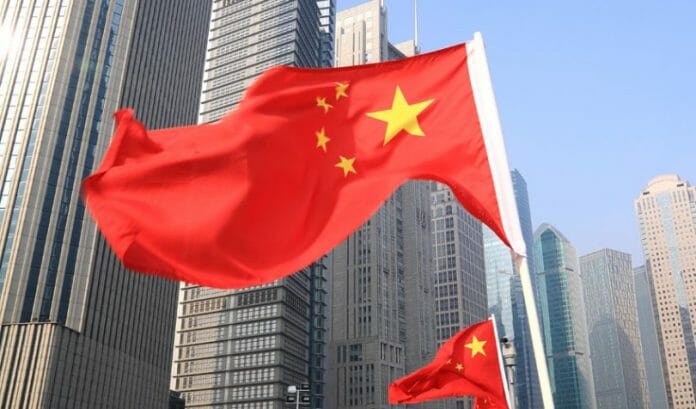Profits at China’s industrial firms shrank at a faster pace in January-August, as strict COVID restrictions and a deepening property slump weighed on domestic demand, adding to uncertainties about the faltering economy.
Industrial profits fell 2.1% in the first eight months of 2022 from a year earlier, after a 1.1% drop logged in January-July, according to data from the National Bureau of Statistics (NBS) released on Tuesday.
The bureau did not report standalone figures for August and July.
China’s economy showed surprising resilience in August, with faster-than-expected growth in factory output and retail sales, but a property crisis and COVID lockdowns weighed on the outlook. read more
“The economic recovery is facing more uncertainties, as the momentum was disturbed by a variety of unexpected and external factors such as extreme hot weather, regional power restrictions and COVID flare-ups,” Reuters quoted Bruce Pang, a chief economist at Jones Lang Lasalle as saying.
From January to August, 25 out of 41 major industrial sectors saw profits decline.
Profit growth in the mining sector slowed to 88.1% on year in January-August from a 105.3% expansion in the first seven months, due to weaker commodity prices.
The manufacturing sector reported further declines in profits, dropping 13.4% in the first eight months, speeding up from a 12.6% fall in January-July.
“China will accelerate the implementation of policies to expand demand, and promote a sustainable and stable recovery of the industrial economy,” Zhu Hong, senior NBS statistician, said in a separate statement.
Analysts see China’s current zero-COVID policy as a major constraint on the economy and say there is little chance Beijing will relax its zero-COVID policy before the Communist Party Congress in October.
“Weaker exports and property market mean that the remaining source of growth support is consumption, in our view. To unleash that, a shift in China’s COVID management approach is needed,” Morgan Stanley said in a research note.
“We expect policymakers to take important steps in the coming months that would allow reopening from spring 2023.”
In late August, cities from Shenzhen to Chengdu and Dalian rolled out COVID curbs aimed at stamping out fresh outbreaks.
China’s industrial output rose 4.2% from a year earlier in August, quickening from a 3.8% rise in July.
Liabilities at industrial firms jumped 10.0% from a year earlier in August, slightly slower than the 10.5% growth in July.
One bright spot in the bleak set of figures was seen in the automobile sector, which has enjoyed purchase tax cuts and saw profits double in August.
Profits in the power industry rose 1.58 times year-on-year in August, driven by high demand for electricity due to hot weather.
China’s southwestern Sichuan province and Chongqing city rationed power used for industrial production in August, as drought curtailed hydropower generation while residents ramped up electricity usage during crippling heat waves. read more
China’s cabinet in late August offered another slew of stimulus to revive the faltering economy, including raising the quota on policy financing tools by 300 billion yuan.
Industrial profits data covers large firms with annual revenues above 20 million yuan from their main operations.









